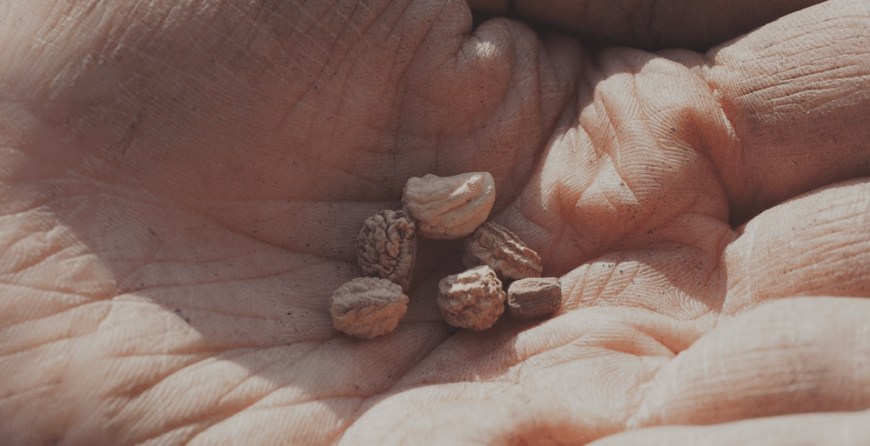 Organic gardening always proves hard for first-time gardeners. This is because of the many terminologies they have to master and differentiate. Among the many terminologies are the different seed types.
Organic gardening always proves hard for first-time gardeners. This is because of the many terminologies they have to master and differentiate. Among the many terminologies are the different seed types.
Heirloom seeds
As the name suggests with the term heir, heirloom seeds are seed varieties that are saved and passed down through a number of generations. They are seeds that are saved for over 50 to hundreds of years. The tradition was started by our forefathers who never used to buy seeds every growth season. Instead, they would save a few seeds after every growth season to plant during the next growth season. Since they are ancient and exclusively organic, they tend to have a better flavor, are hardier, can survive in harsh climatic conditions, and tend to be more flexible as compared to hybrid varieties. It is important to note that seed breeders can manipulate their seeds to resemble heirloom seeds in size and shape but cannot manipulate their flavor and strength. Heirloom seeds are open pollinated; meaning that, a single plant is capable of producing seeds that also produces seedlings for later use.
Hybrid
A hybrid plant is a plant that is cross pollinated with two plants with the aim of creating a plant with better features and strength. The idea is to use the best features from each of the parent plants while enhancing disease resistance. As such hybrid seeds are not always bad. They are capable of producing quality, strong and flavor rich crops. As a matter of fact, most vegetable varieties are a result of cross pollination. Vegetables are cross-pollinated to become naturally resistant to fungus and opportunistic garden diseases. Also, they tend to be stronger, tastier and more stabilized as compared to other varieties.
A major downside with hybrid seeds is that you can never be sure what the end crop will produce. Different seeds will have different dominant traits. So, you can never be sure which traits are dominant or whether the features you are looking for will appear until the crop is fully grown. Also, the seeds may not be saved because next generation seeds are often inferior or sterile. So, if you are buying seeds with the aim of saving for the next growth season, consider buying heirloom seeds.
Genetically modified seeds
Genetically modified plants or GMO as they are commonly referred to, are crops or seeds that are genetically altered through molecular genetics techniques like protein engineering and gene cloning. This means that GMO seeds produce crops that are not as tasty and nutrient rich as hybrid and heirloom crops. For these and many reasons, it is advisable to buy organic, heirloom and if you must, hybrid seeds.
Bottom line
It is always advisable to invest in organic seeds and subsequently, organic gardening. Organic seeds are strong enough to grow organically without relying on pesticides and herbicides. As such, they will have stronger traits in terms of hardiness, flavor and beneficial nutrients. When you buy many seeds, be sure to save the remnants in your fridge. They are designed to stay for three years without going sterile.


